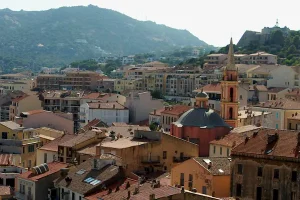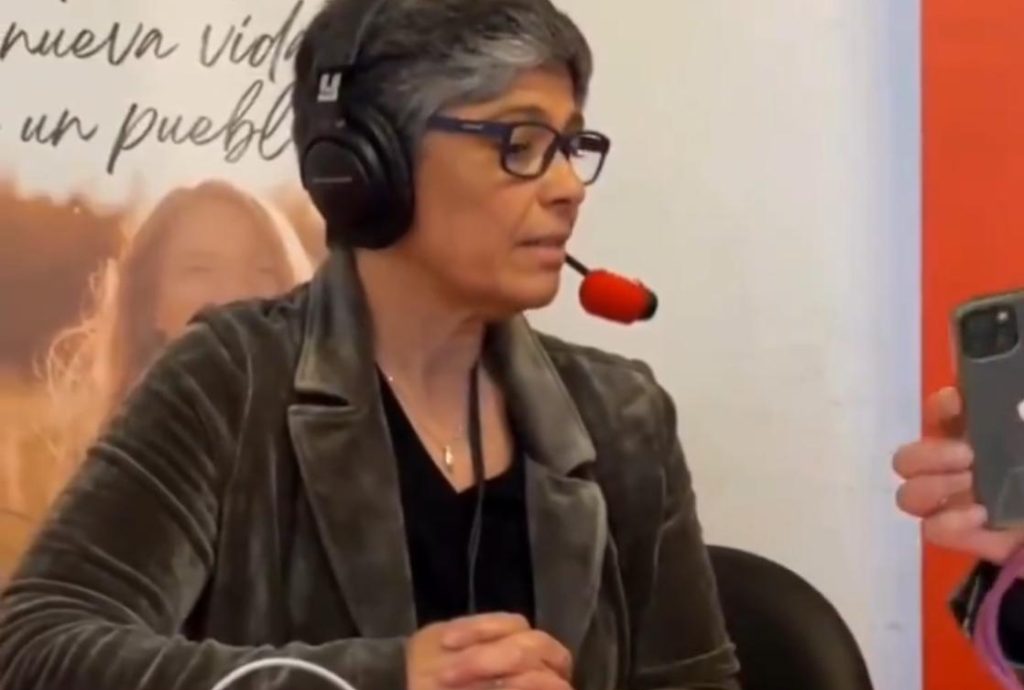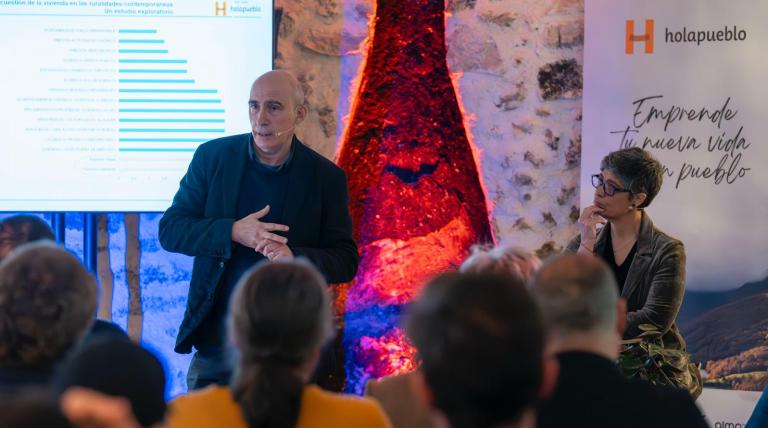This exploratory study examines rural housing issues through a comparative analysis of four municipalities: Belorado (Burgos), Bot (Tarragona), Fuentes de León (Badajoz), and Tragacete (Cuenca)

This study aims to understand and characterize the housing market in rural areas of Spain, analyze its territorial and social differences, and explore its connection with socioeconomic, political, and demographic processes that have been transforming these territories. Special attention is given to the influence of tourism development on the current configuration of the rural housing market.
To achieve this goal and capture the diversity of experiences within rural areas, we adopt a territorial comparative perspective and a longitudinal analysis, incorporating economic, social, and cultural/anthropological approaches. This leads us to examine housing not only as an economic asset but also as a cultural and anthropological symbol that plays a key role in shaping the ways rural areas are inhabited today.
It is also essential to address the issue of housing from the perspective of political and social action, identifying and thoroughly analyzing both regulations and initiatives that have been developed to offer solutions to the various challenges, and to understand the specific visions of rurality they are aligned with.
This exploratory analysis considers the heterogeneity of factors that shape the current rural housing issue, as well as the perceptions of the resident population regarding the policies and initiatives implemented to tackle housing market challenges. The aim is to provide an accurate and nuanced picture of the diversity of situations that exist at the national level, based on the study of four municipalities from different autonomous communities—Belorado (Burgos), Bot (Tarragona), Fuentes de León (Badajoz), and Tragacete (Cuenca)—each with distinct geographic features and development trajectories, and where housing-related solutions have already begun to be implemented.
The study employs a mixed-methods approach that combines quantitative and qualitative techniques. Alongside the extraction, analysis, and treatment of statistical data, the research includes in-depth interviews, focus groups with representatives of various stakeholder groups, and participant observation.
The final outcome includes an assessment of the influence of the socio-economic environment, a characterization of the housing stock in the municipalities under study, a specific analysis of tourism development in these areas, and an evaluation of the effectiveness of the regulatory framework. Additionally, the study identifies private initiatives and forms of activism related to rural housing.
Project details:
Financiación: Almanatura, IKEA, Redia (Proyecto Holapueblo)
Inicio del proyecto: Desembre de 2023
Final del proyecto: Setembre de 2024
Investigadores: Marina Checa, Josep Lladós i Soledad Morales Pérez
Colaboran:
Ayuntamiento de Fuentes de León








